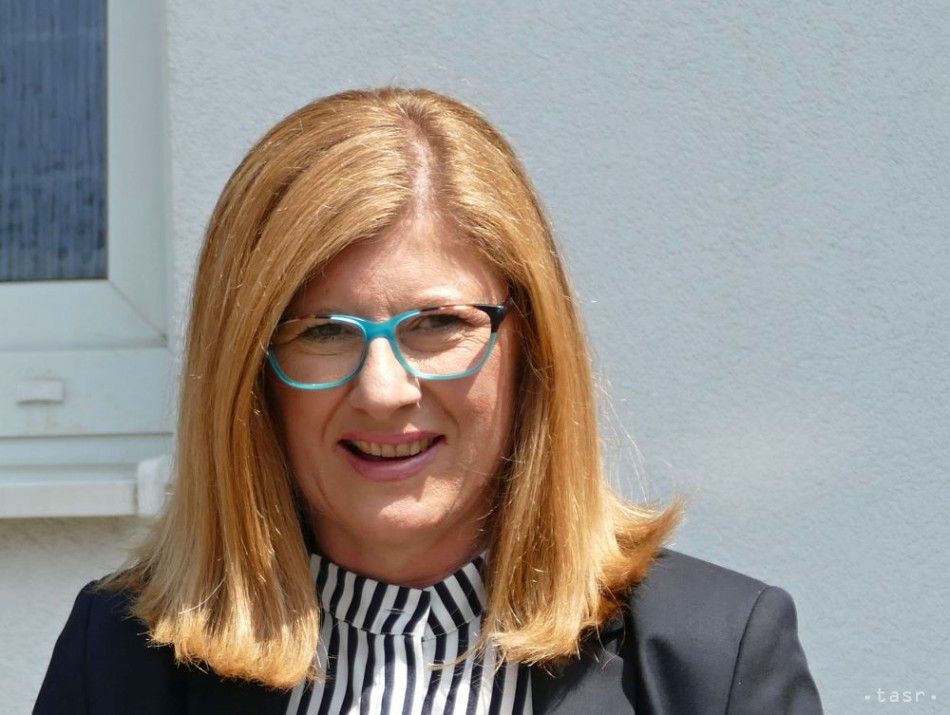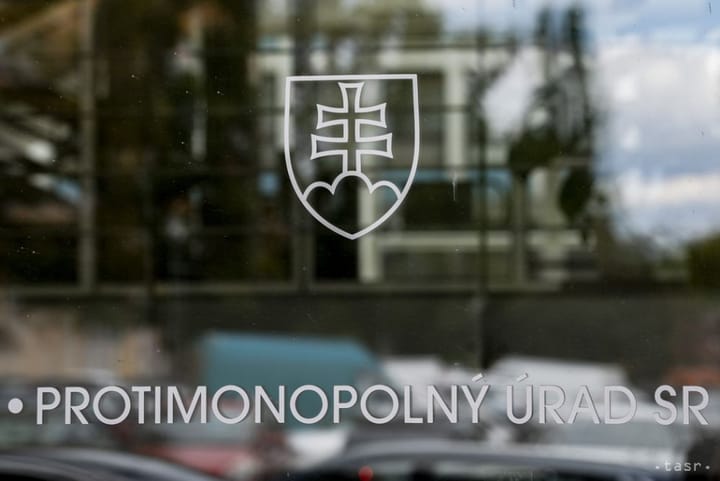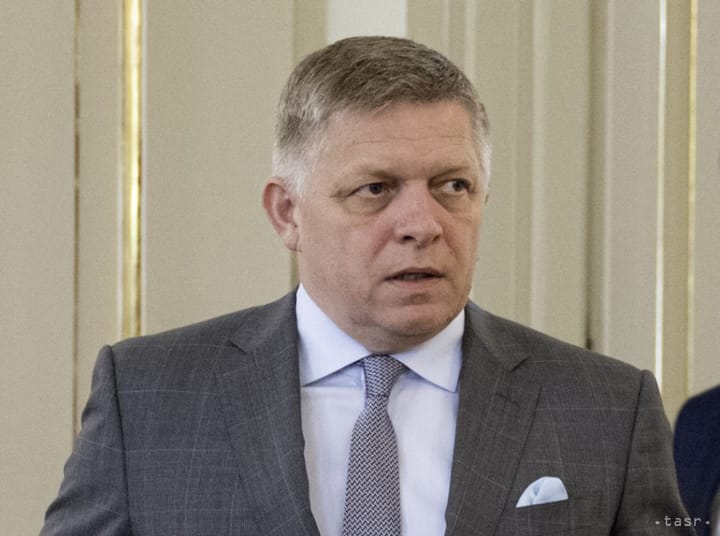Matecna: Over 150 km of New Urban Cycle Paths to Be Added in Slovakia

Bratislava, June 22 (TASR) – Over 150 kilometres of new urban cycle paths will be added in the near future in Slovakia, along with new cycleparks and an automatic bike rental system, Agriculture and Rural Development Minister Gabriela Matecna (Slovak National Party/SNS) told a briefing on Friday, with national cycling coordinator Peter Klucka in attendance.
The Agriculture and Rural Development Ministry has approved 63 cycle projects worth about €30.7 million in the first three rounds.
“The situation is similar to those in other European countries; cycle transport is gaining more and more popularity in Slovakia. People are looking for an alternative to increasingly overcrowded roads. Bicycles don’t pollute the air, don’t make any noise and don’t create congestion. It’s easy to park a bicycle, and our health benefits from such a move,” said Matecna.
Matecna noted that the Agriculture Ministry in December 2016 launched a call via the Integrated Regional Operational Programme (IROP) to increase the transport capacity of non-motorised transport (especially cycling) and make it more attractive. Overall, €81.8 million has been allocated for non-motorised transport.
According to Matecna, funds can be obtained for restoring and reconstructing existing cycle paths, the construction of additional cycling infrastructure as well as promoting cycling and making it more attractive among the public. So far, the regions have submitted 87 cycle projects to the ministry, of which 63 have been approved with a volume of €30.68 million and a total length of 155 kilometres. In addition to cycle paths, cities have also submitted projects aimed at cycling infrastructure. The city of Trnava has approved an automatic cyclepark next to the railway station. A bike-sharing system will be set up in Kosice.
“When we came up with the topic of cycle transport five years ago, many people considered it to be subordinate, but that’s changing. More and more people are realising that we can no longer unilaterally support only the development of individual car transport. Mayors of several cities have said that, following the example of other European cities, they want to reduce the share of individual car transport. Thanks to the good administration of the Agriculture Ministry and quality preparations by regional self-governments, we’ve not only approved dozens of projects; we’re also physically building new cycle paths,” she said.
Matecna went on the say that in the context of an EU-fund call for non-motorised transport, municipalities, self-governing regions, non-government organisations and entities providing regular public passenger transport are entitled to submit projects. Eligible expenditures include those for the reconstruction, modernisation and construction of infrastructure for non-motorised transport, and for promoting cycling and making it more attractive among the public.



